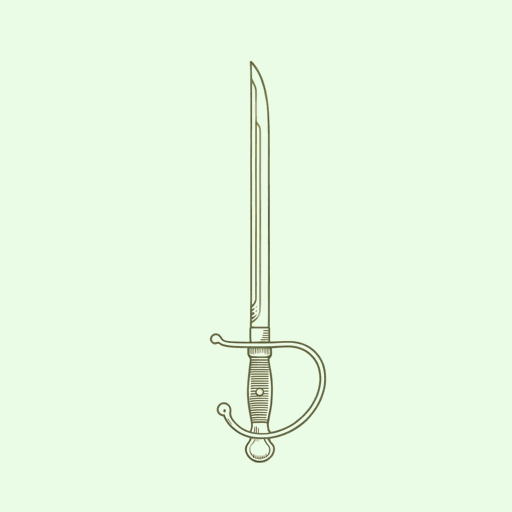41 pages • 1 hour read
C.L.R. JamesThe Black Jacobins: Toussaint L’Ouverture and the San Domingo Revolution
Nonfiction | Book | Adult | Published in 1938A modern alternative to SparkNotes and CliffsNotes, SuperSummary offers high-quality Study Guides with detailed chapter summaries and analysis of major themes, characters, and more.
Important Quotes
“The difficulty was that though one could trap them like animals, transport them in pens, work them alongside an ass or a horse and beat both with the same stick, stable them and starve them, they remained, despite their black skins and curly hair, quite invincibly human beings; with the intelligence and resentments of human beings. To cow them into the necessary docility and acceptance necessitated a régime of calculated brutality and terrorism.”
(Chapter 1, Pages 11-12)
Here, James explains why the system of slavery necessarily included extreme punishment. Under the right conditions, however, the colonists’ attempts to maintain control would backfire, sparking outrage and revolution. James goes on to identify the factors that tipped the scale from submission to defiance.
“Indulgence had the white colonial in its grip from childhood. ‘I want an egg,’ said a colonial child. ‘There are none.’ ‘Then I want two.’ This notorious anecdote was characteristic. To the unhealthiness of the climate and the indulgence of every wish were added the open licentiousness and habitual ferocity of his parents, the degradation of human life which surrounded the child on every side.”
(Chapter 2, Page 29)
For any political system to survive, it must replicate itself across generations. For the colonists, this meant raising children within a system of privilege. The sense of entitlement developed as youth would then drive their decisions as adults.
“This was the type for whom race prejudice was more important that even the possession of slaves, of which they held few. The distinction between a white man and a man of colour was for them fundamental. It was their all. In defence of it they would bring down the whole of their world.”
(Chapter 2, Page 34)
Speaking of middle-class Whites in San Domingo, James shows how they took advantage of the system of slavery to establish superiority over Blacks based on skin color alone. Racial prejudice became so fundamental to their world view, and to their enjoyment of status, that they would fight and die to sustain it. With such a deep commitment to slavery, armed conflict with the revolutionaries became inevitable.

